Halim dan Farha menelusuri pekan,
Sambil Alyssa, Aryssa tangannya dipimpin,
Salam Aidilfitri kami ucapkan,
Pohon maaf, zahir dan batin.
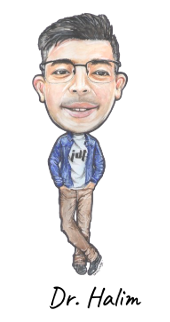
Halim dan Farha menelusuri pekan,
Sambil Alyssa, Aryssa tangannya dipimpin,
Salam Aidilfitri kami ucapkan,
Pohon maaf, zahir dan batin.

Sedang asyik memasukkan note duit ke dalam sampul duit raya, teringat pesan mak
Jangan sesekali membukanya di hadapan si pemberi
Jangan sesekali merungut andai jumlahnya tidak seberapa
Itulah jua pesan saya kepada anak-anak saya. Walaupun masih kecil, pesanan itu kerap diulang-ulang supaya mereka ingat selama-lamanya.
Sempena hari raya tahun ini, sempat saya nukilkan sebuah makalah berkaitan sampul duit raya. Ia diinspirasi dari kepelbagaian rekaan sampul duit raya yang unik dan menggamit memori.
Terima kasih Dewan Budaya (DBP) atas penerbitan makalah saya bertajuk Rekaan Sampul Surat yang Menggamit Memori. Sesekali menulis sesuatu yang berada di sekeliling kita membuatkan saya tenang di kala kesibukan kerja hakiki.
Rekaan Sampul Duit Raya yang Menggamit Memori
Salam 27 Ramadan

Makalah sempena Hari Matematik Antarabangsa pada 14 Mac (hari ini). Kenapa 14 Mac? Sebab sempena nilai Pi (π) ialah 3.14 yang mana ia biasa ditulis dalam format day/month iaitu 14.3
Terima kasih Dewan Kosmik (DBP) atas penerbitan makalah saya pada hari ini sempena Hari Matematik Antarabangsa pada tahun ini yang bertemakan “Matematik, Seni dan Kreativiti”.
Meraikan Matematik, Seni dan Kreativiti
Selamat Hari Matematik Antarabangsa 2025!

Sungai merupakan ekosistem yang sangat penting dan produktif yang menyumbang kepada pertumbuhan ekonomi, keselamatan makanan dan kesejahteraan manusia. Meliputi kira-kira 70 peratus daripada bumi, air merangkumi lautan, sungai, tasik dan semua serpihan biru yang terpapar pada peta dunia. Di peringkat global, dianggarkan terdapat dua bilion manusia bergantung kepada sungai untuk air minuman mereka dan 500 juta orang iaitu bersamaan kira-kira 1/14 manusia di muka bumi tinggal di lanar muara sungai. Sementara itu, sungai merupakan tempat di mana kegiatan perikanan sebagai mata pencarian paling utama kepada sekitar 60 juta penduduk bumi. Sekurang-kurangnya 12 juta tan ikan air tawar ditangkap setiap tahun dan jumlah ini mencukupi untuk menyediakan protein untuk sekurang-kurangnya 160 juta orang di seantero dunia. Sungai menyokong pelbagai spesies untuk biodiversiti mereka. Ia menyediakan habitat yang pelbagai untuk organisma akuatik seperti ikan, amfibia, moluska dan krustasea, serta spesies daratan yang bergantung pada lembah sungai untuk bersarang, mencari makanan dan migrasi. Sungai juga penting terhadap kepelbagaian spesies di dalam air dan dalam ekosistem sekitarnya. Misalnya, ikan air tawar merupakan antara spesies vertebrata yang terpenting, dengan segelintir spesies bergantung kepada kesesuaian keadaan sungai tertentu seperti kadar aliran dan suhu air sungai.
Sungai juga merupakan ekosistem dinamik yang menyokong siratan makanan yang kompleks. Ia merupakan kawasan sumber makanan dan nutrien untuk organisma akuatik, yang seterusnya menyokong pemangsa lain di dalam sungai dan di habitat berhampiran dengannya. Banyak spesies bergantung kepada sungai untuk penghijrahan dan pembiakan. Sungai yang bersih memainkan peranan penting dalam mengekalkan kualiti air. Ia bertindak sebagai penapis semula jadi, menyingkirkan bahan pencemar dan sedimen, dan membantu mengawal tahap nutrien. Hal ini penting untuk menyokong hidupan akuatik yang pelbagai dan mengekalkan keseimbangan ekosistem. Sungai turut berperanan dalam ekosistem yang memberi manfaat kepada kepelbagaian biologi dan manusia. Hal ini termasuklah bekalan air untuk minuman, pengairan dan industri, pengawalan banjir dan kawalan hakisan, dan aktiviti rekreasi yang penting terhadap pemuliharaan alam semula jadi dan biodiversiti. Kepelbagaian biologi dalam sungai boleh berfungsi sebagai petunjuk kesihatan alam sekitar secara keseluruhan. Perubahan dalam komposisi spesies atau dinamik populasi mencerminkan isu alam sekitar yang lebih luas seperti pencemaran, kepupusan habitat atau kesan perubahan iklim.
Bersambung…

Tulisan saya bersama Dr. Aminudin Hehsan, Pengarah Pusat penyelidikan Fiqh Sains dan Teknologi (CFiRST), UTM, diterbitkan dalam Majalah Sains. Rencana ini mengupas elemen-elemen matematik yang terdapat dalam Rukun Islam.

Masih dalam mood Tahun Baharu Cina?
Tahukah anda, seni Tanglung yang amat sinonim dengan masyarakat Cina terutamanya ketika Tahun Baharu Cina mengandungi elemen Matematik?
Nak ketahui dengan lebih lanjut, layari tulisan saya bersama pelajar tahun akhir Sarjana Muda Pendidikan Matematik dalam Dewan Budaya (DBP) melalui pautan berikut: https://dewanbudaya.jendeladbp.my/2025/01/29/11329/

Tahun Baharu Cina di Malaysia merupakan salah satu sambutan perayaan penting bagi masyarakat Cina. Ia melambangkan permulaan tahun baharu mengikut kalendar lunar. Sambutan ini biasanya berlangsung dengan meriah dan penuh tradisi, termasuk acara yang memang sinonim sempena sambutan tersebut iaitu makan besar bersama keluarga pada malam sebelum Tahun Baharu. Begitu juga dengan tradisi pemberian angpau kepada kanak-kanak dan orang yang belum berkahwin, serta pertunjukan tarian singa dan naga yang berwarna-warni. Rumah-rumah juga dihiasi dengan lampu tanglung merah. Masyarakat Cina juga akan membersihkan kediaman mereka sebagai simbol menyambut tuah baharu. Di Malaysia yang berbilang kaum, perayaan ini turut dirayakan bersama oleh masyarakat pelbagai etnik, mencerminkan semangat perpaduan dan keharmonian negara.
Namun begitu, barangkali sesetengah mungkin keliru dengan penggunaan istilah “Tahun Baharu Cina” ataupun “Tahun Baru Cina”?
Hal demikian boleh dilihat di mana-mana sama ada di poster yang dipasangkan pada papan iklan, sepanduk, ucapan di dada akhbar mahupun iklan di kaca televisyen. Menggunakan frasa “Tahun Baru Cina” dalam penulisan atau percakapan tidak dianggap salah sepenuhnya, namun ia kurang tepat dari segi tatabahasa rasmi bahasa Melayu. Dewan Bahasa dan Pustaka (DBP) melalui Kamus Dewan Edisi Keempat menetapkan penggunaan “Tahun Baharu Cina” kerana perkataan “baharu” lebih sesuai digunakan sebagai kata adjektif dalam konteks ini.
Namun, dalam penggunaan sehari-hari, “Tahun Baru Cina” masih diterima luas oleh masyarakat dan sering digunakan oleh media, perniagaan, dan individu, terutama dalam konteks yang tidak rasmi.
Sekiranya ingin mematuhi standard bahasa yang lebih formal, pilihlah “Tahun Baharu Cina”.
Selamat Tahun Baharu Cina 2025
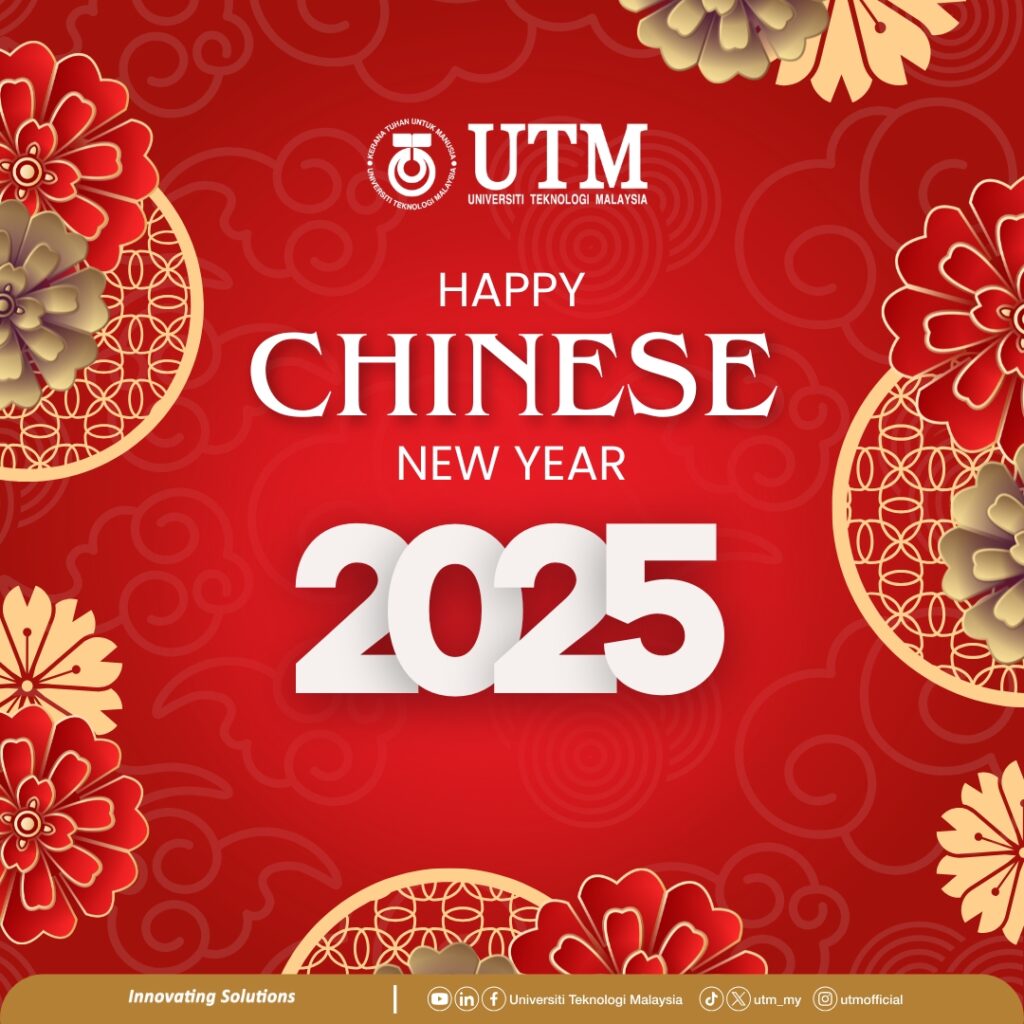

Salam Jumaat,
Hari ini (24/1/2025), sama ada kita sedar atau tidak, merupakan Hari Pendidikan Antarabangsa. Tidak mengapalah, hari-hari pun adalah hari kita ‘dididik’, ‘mendidik’ mahupun ‘terdidik’, secara formal mahupun tidak formal, sama ada di rumah, sekolah hatta di jalanan sekalipun.
Setiap tahun, ia mengenengahkan tema yang berbeza mengikut isu semasa. Tahun lalu (2024), temanya berkisar keamanan, manakala tahun ini (2025), ia membawa isu Kecerdasan Buatan (AI).
Tema tahun ini saya kira sungguh relevan. AI bukan pengganti kepada kecerdasan manusia, kerana kecerdasan manusia lah yang mencipta AI. Sehubungan itu, penggunaannya belum mampu mengambil alih kapasiti manusia.
Terima kasih Dewan Masyarakat (DBP) atas penerbitan makalah ini, hari ini sempena Hari Pendidikan Antarabangsa!
Hari Pendidikan Antarabangsa 2025: AI dan Pendidikan dalam Dunia Automasi

“Always do your best. What you plant now, you will harvest later; duniawi and ukhrawi” Facebook|Instagram|Google Scholar| ResearchGate|

p-halim@utm.my
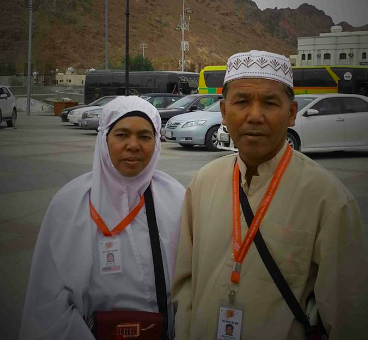
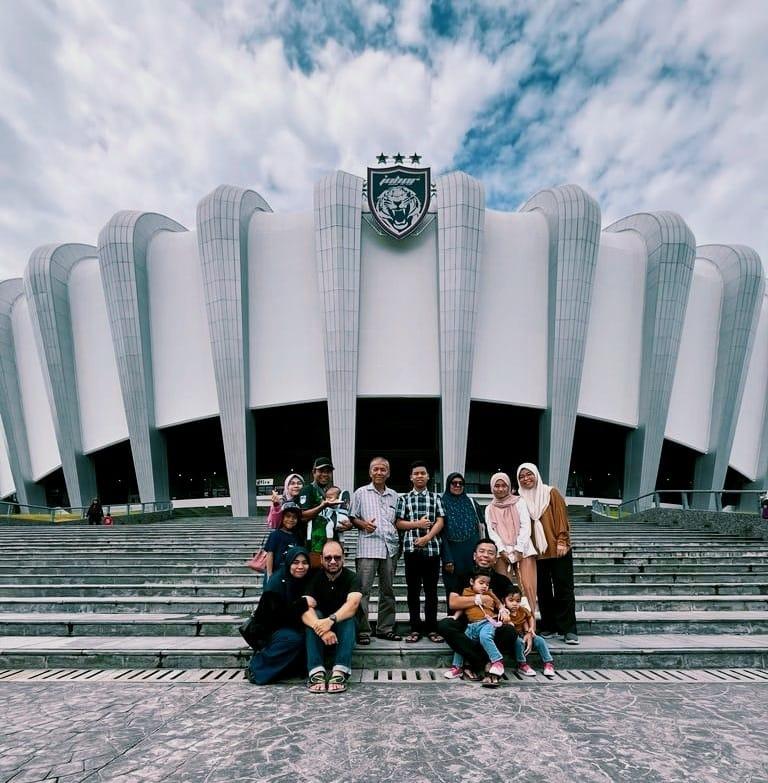
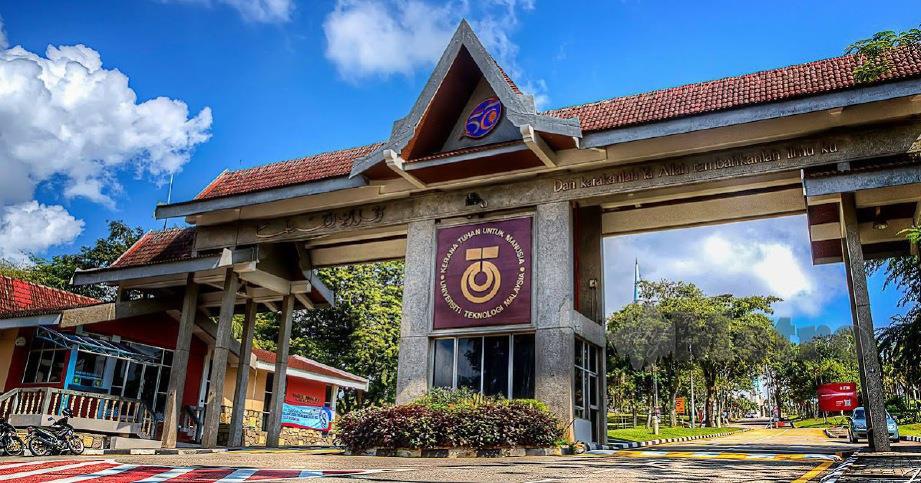
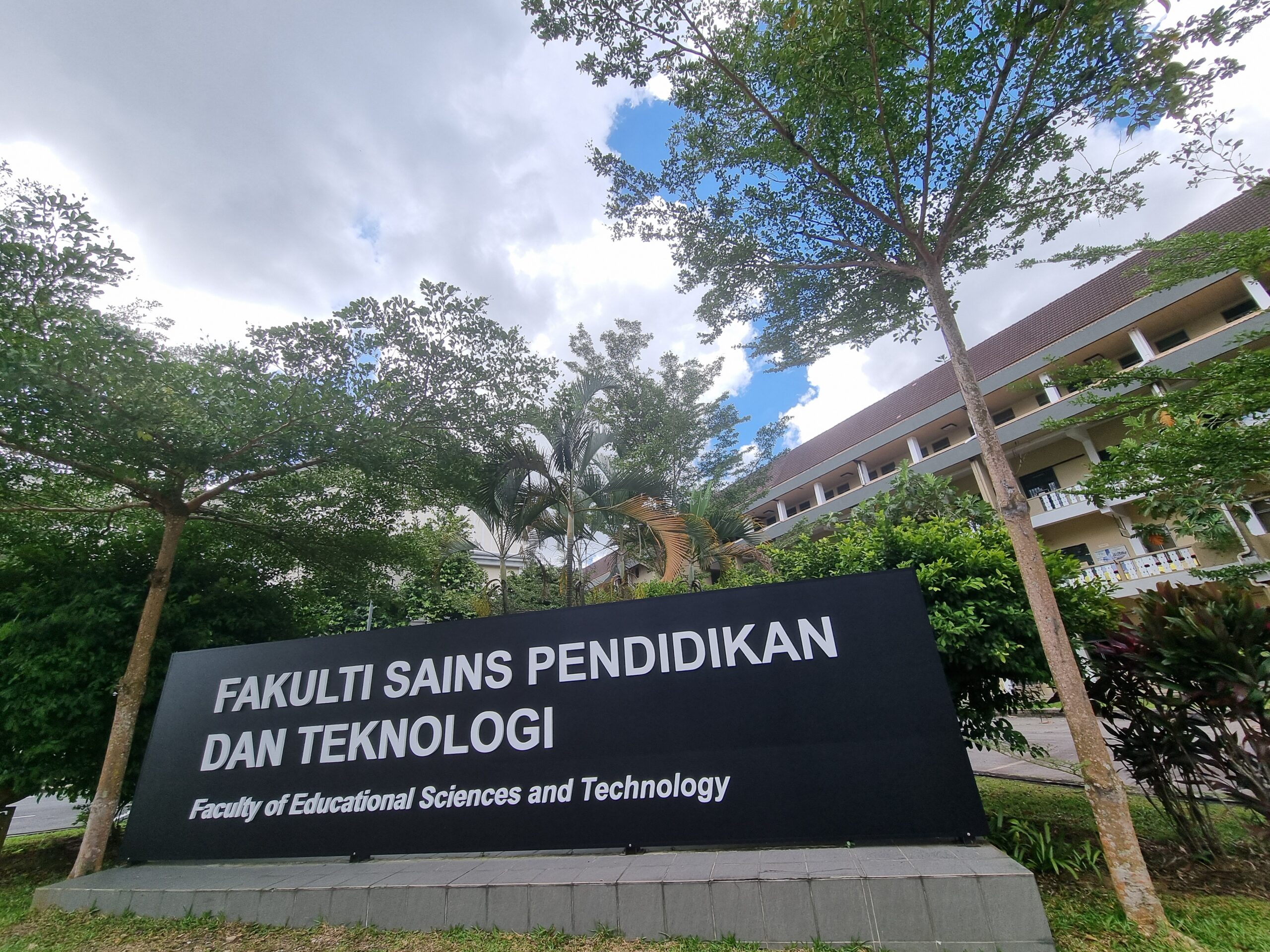

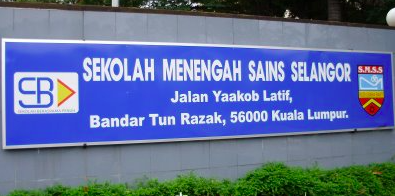
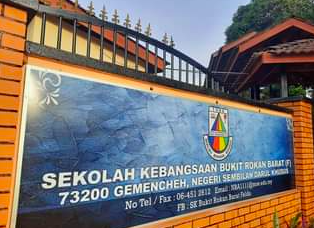
| M | T | W | T | F | S | S |
|---|---|---|---|---|---|---|
| 1 | ||||||
| 2 | 3 | 4 | 5 | 6 | 7 | 8 |
| 9 | 10 | 11 | 12 | 13 | 14 | 15 |
| 16 | 17 | 18 | 19 | 20 | 21 | 22 |
| 23 | 24 | 25 | 26 | 27 | 28 | 29 |
| 30 | 31 | |||||
Terima kasih HEK UTM atas penerbitan makalah ini
Empat buah makalah hasil tulisan mahasiswa prasiswazah tahun dua jurusan Pendidikan Matematik dari Fakulti Sains Pendidikan dan Teknologi (FEST) UTM telah berjaya diterbitkan dalam majalah akademik kebangsaan (sebuah di Majalah Sains dan tiga buah makalah diterbitkan dalam Dewan Kosmik [DBP]). Pencapaian ini bukan sahaja membanggakan, malah mencerminkan kesungguhan, disiplin dan kematangan intelektual yang ditunjukkan sepanjang […]
Copyright © 2026 · News Child Theme on Genesis Framework · WordPress · Log in
